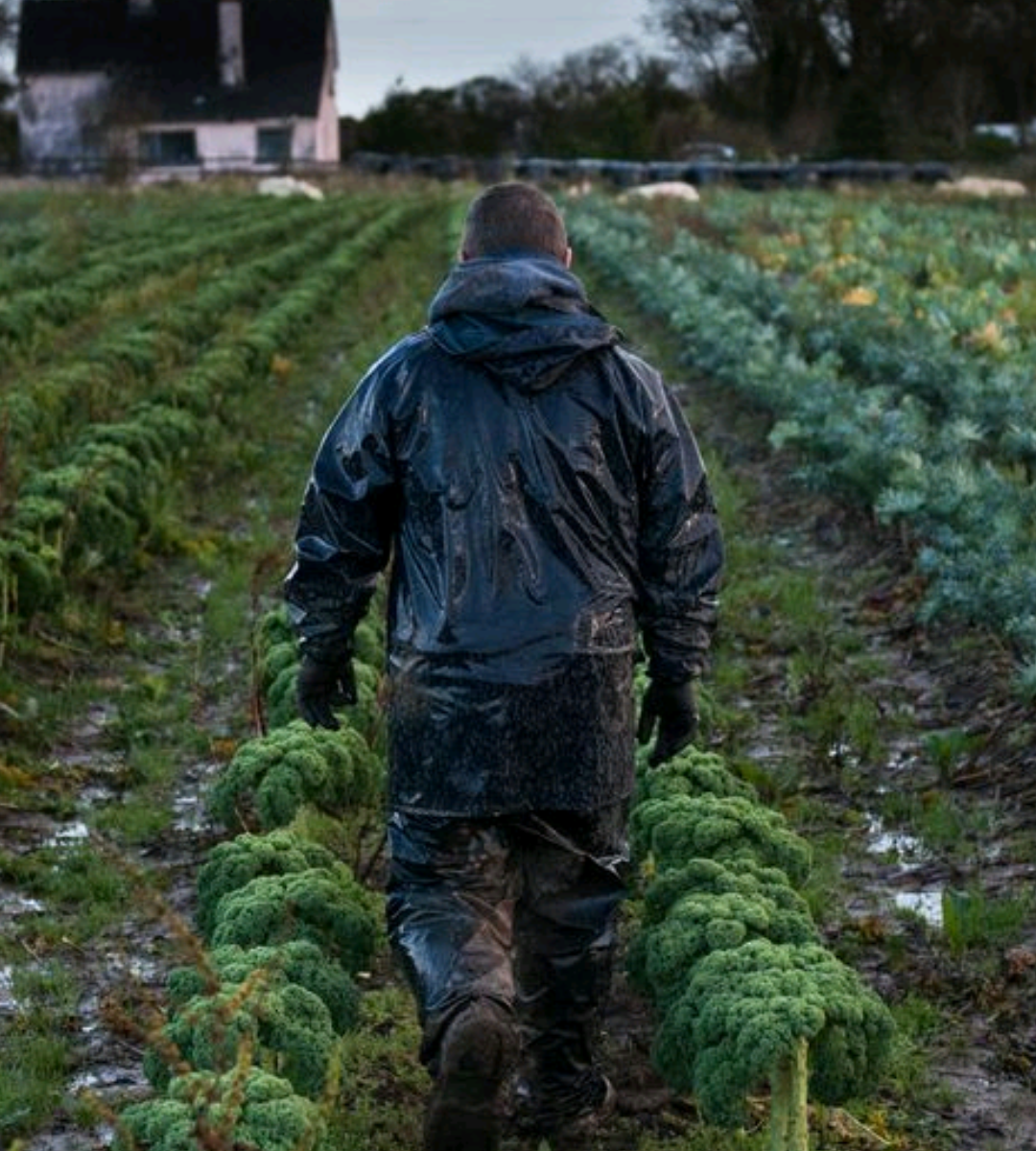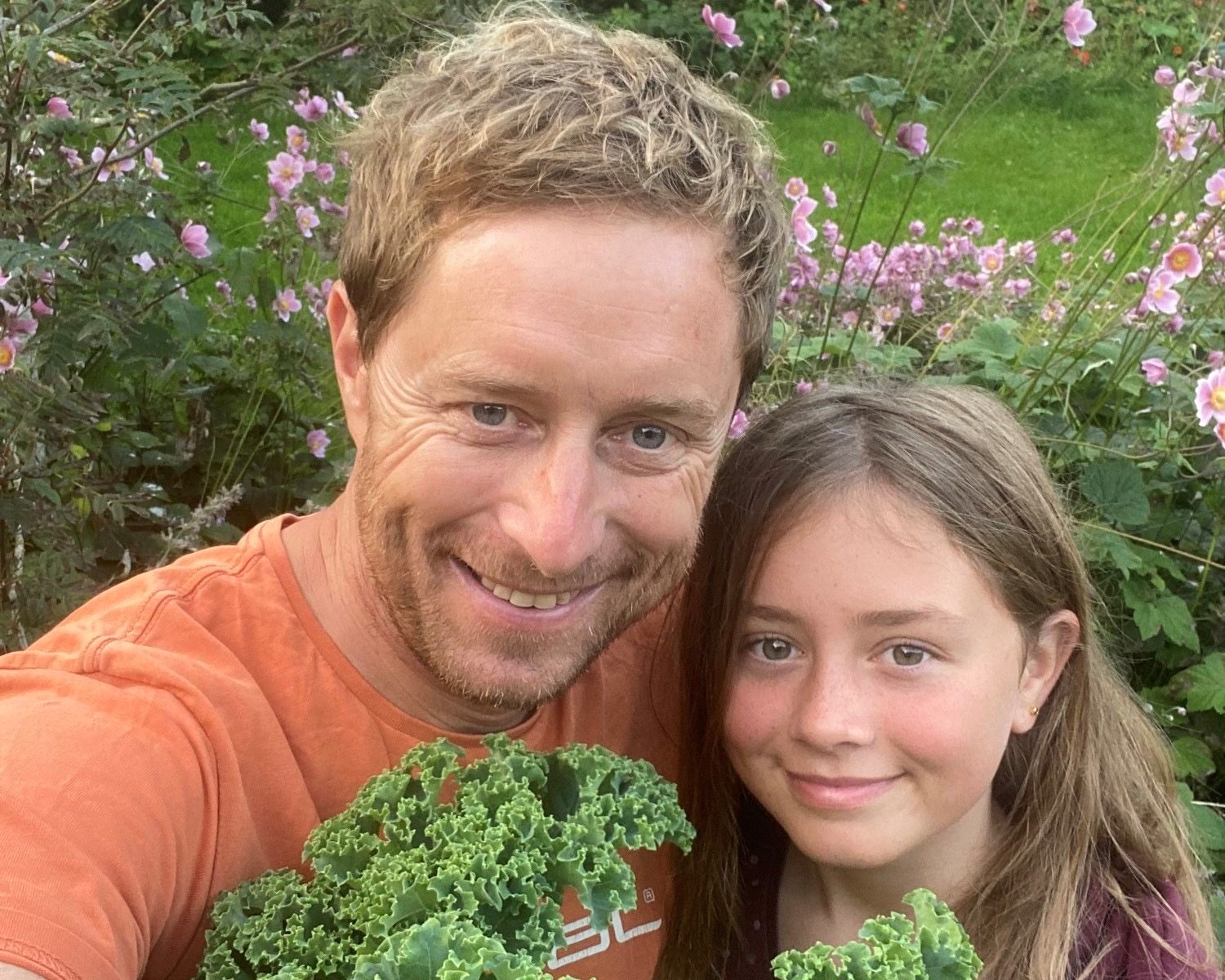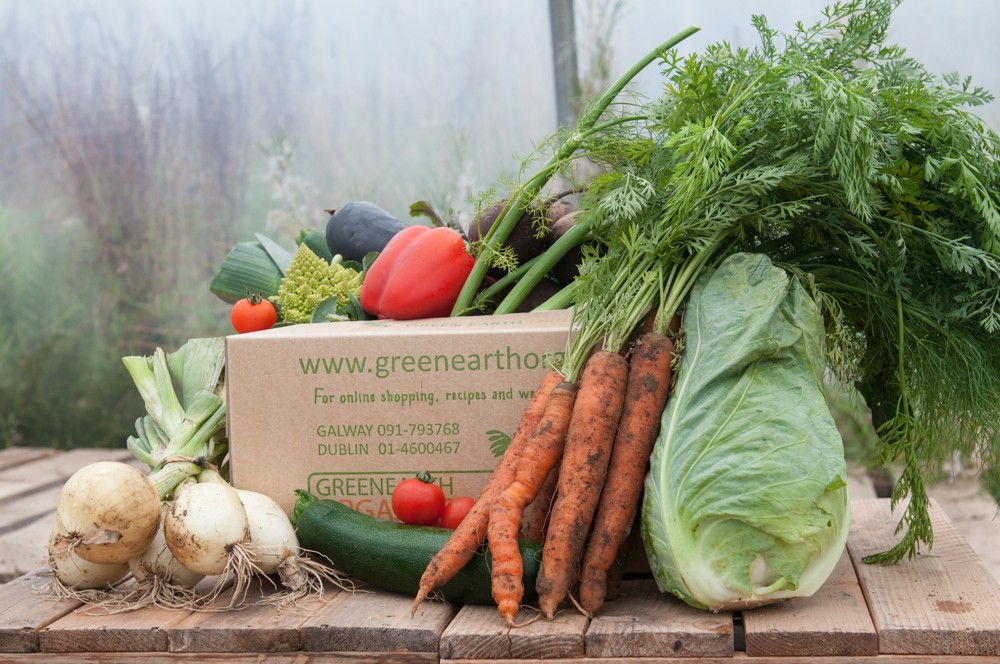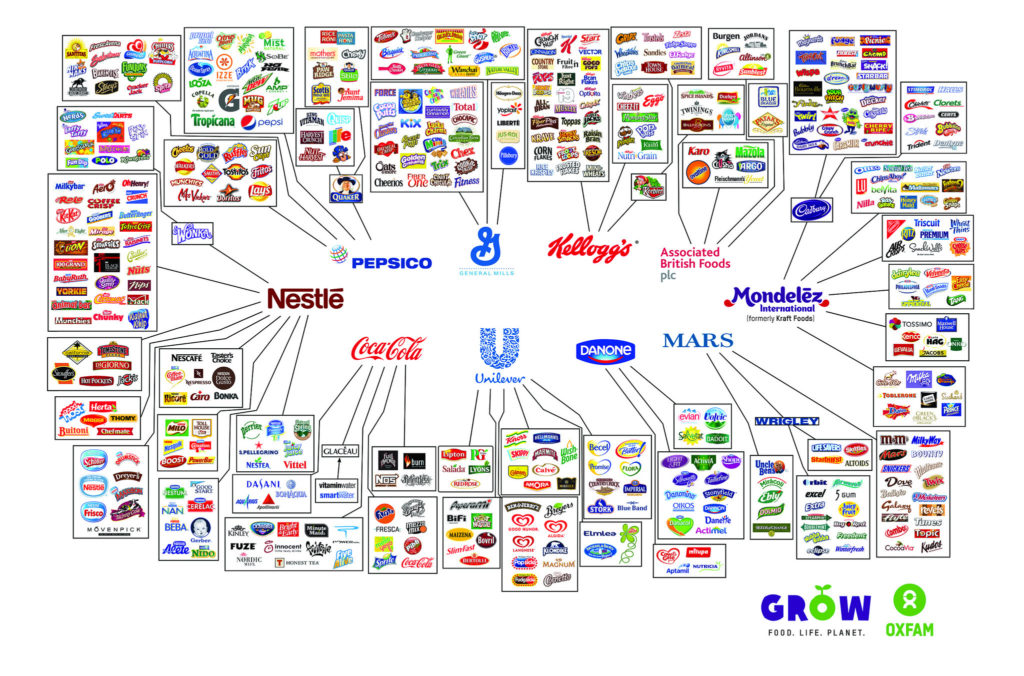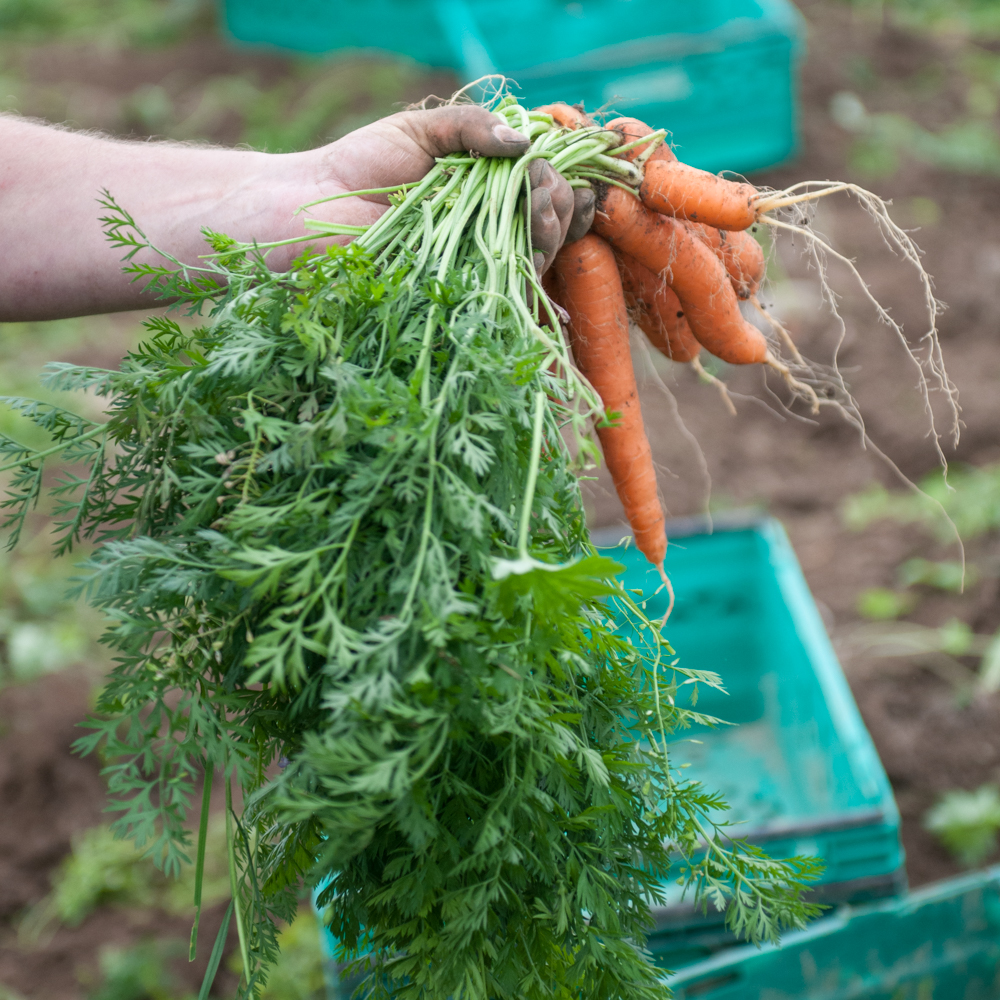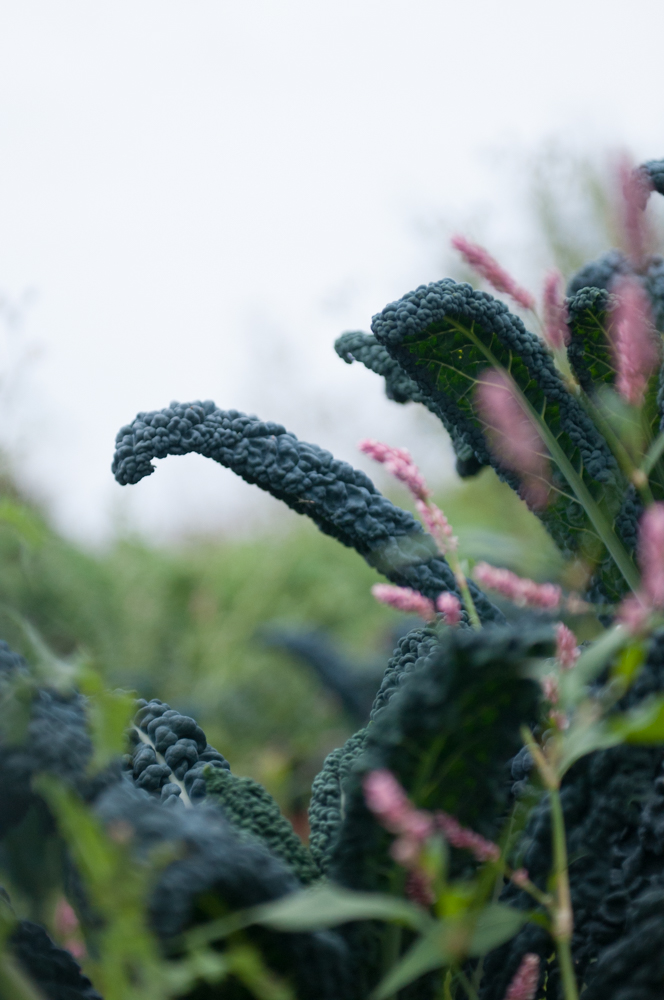I grew up working on a farm, the man I worked for used to refer to soil as “good clean dirt”, he was of the opinion that no harm ever came from handling soil, and he was right.
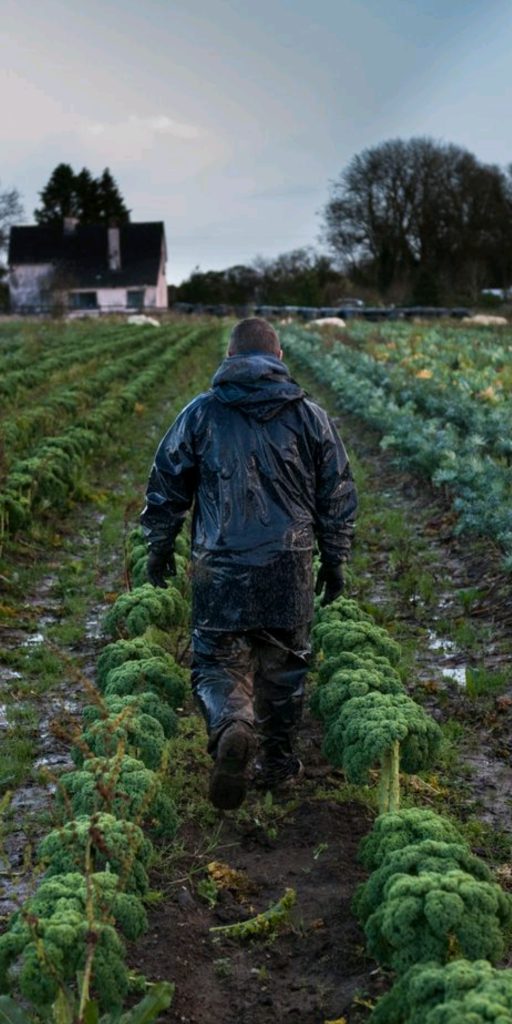
At that time chemicals were just starting to creep into agriculture here in the west of Ireland and that was back in the early 80s. Food grown locally at that time was generally free from chemicals, with the exception probably and ironically of potatoes, which would have been sprayed for blight. Back then wild button mushrooms still grew in the fields, cowslips were plentiful and generally our fields were full of diversity. This is not the case today, and the funny thing is you never see why. The application of chemicals to our land and to our food occurs all the time but we are generally blissfully unaware that it is happening. They say once awareness dawns you can never go back, maybe that is true for food also, that is of course if we choose not to ignore the facts.
There are certainly more controls and checks and balances in Europe than in other parts of the world, but that doesn’t make chemical agriculture right. But with much of our food in this country being imported and as we don’t have the same visibility on what controls are implemented in foreign parts, (over 85% of all fruit and vegetables are imported) then choosing organic becomes even more important. Organic systems are not perfect, but they do offer an alternative, one that keeps chemicals off our food, and in doing so also helps protect biodiversity. It does sometimes feel ironic that it is the organic producer that must prove their credentials, go through the extra paperwork, and submit samples to prove that we are not doing anything underhand.
So it is that I dig out this event of last November, when a piece of our kale was tested for 1 of 870 chemicals, it came back with a clean bill of health. The fact that there were 870 chemicals on that test list, means I imagine that there are 870 active chemicals that can be applied and are applied in varying amounts to our food. I was shocked, why else would they test for all of these?
It seems ironic that we may go to such lengths to get soil off our hands, we can see the dirt, and we can wash it clean, we can be obsessed with keeping our bodies clean, but how about what we put into our bodies. It is the unseen agents that often do the most damage, and generally a wash is not sufficient to get chemicals off our food, especially those that are systemic (Get absorbed into the tissue of the plant) in nature. These chemicals can’t be removed by washing, they are in and on conventional food and they will inevitably end up in our bodies.
You would have to wonder why sickness is so prevalent in our society today and while there is no definite one root cause and it is certainly a complex issue, there is little doubt that our diet can have a large detrimental effect on our health. Conversely if approached correctly what we eat can only contribute to a more positive well-being.
When we consume healthy fresh organic food, we are doing our body a great service, and similarly we are demonstrating a level of respect for the planet, that is aiding in protecting the amazing biodiversity we share this world with.
Here is to zero chemicals on our food.
Kenneth
PS, Power to all women in the world, without whose compassion and understanding, dedication and hard work we would be lost, happy international women’s day and happy mothers day in advance. I feel that a matriarchal led society would certainly be kinder to our planet too.

